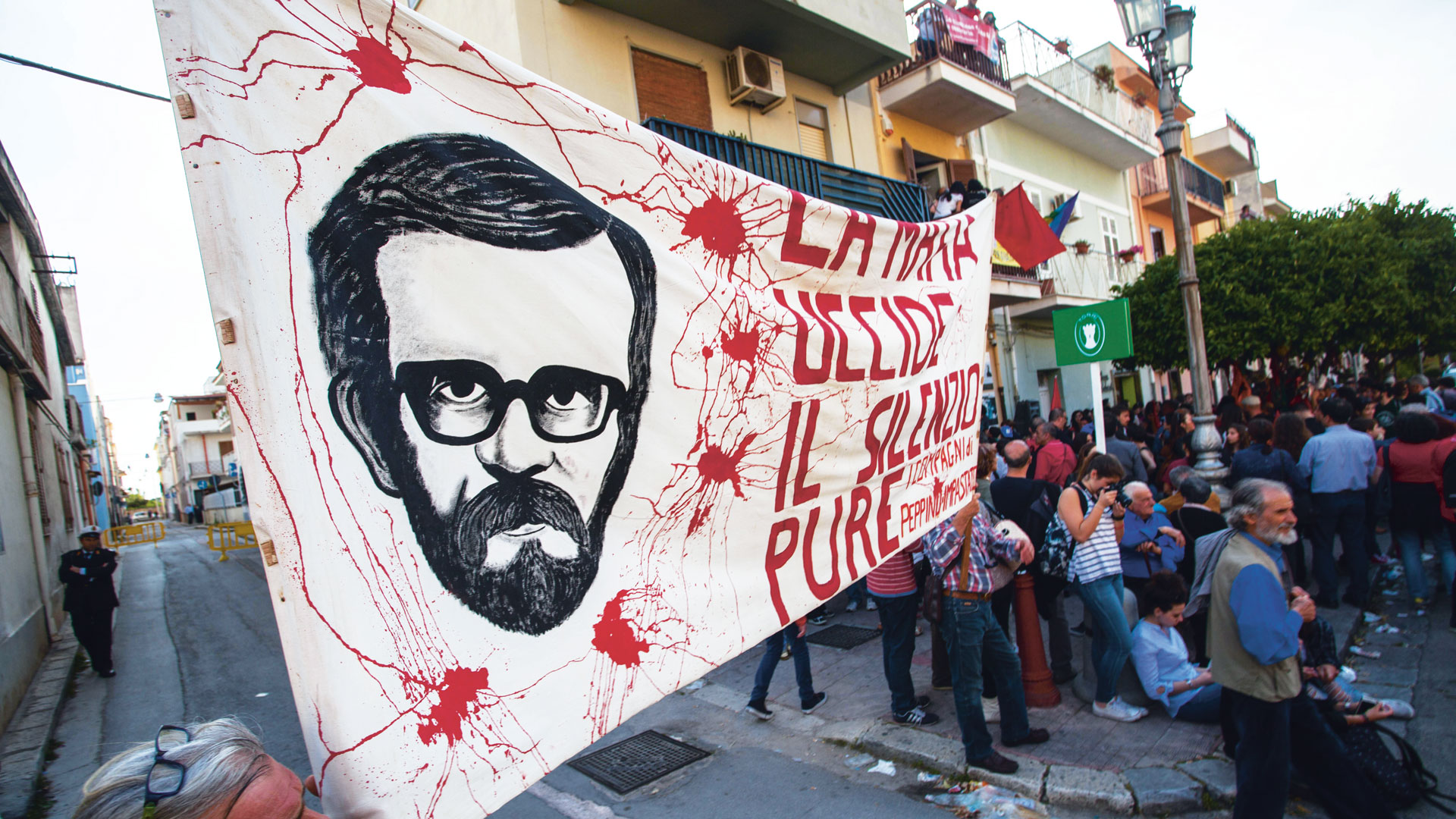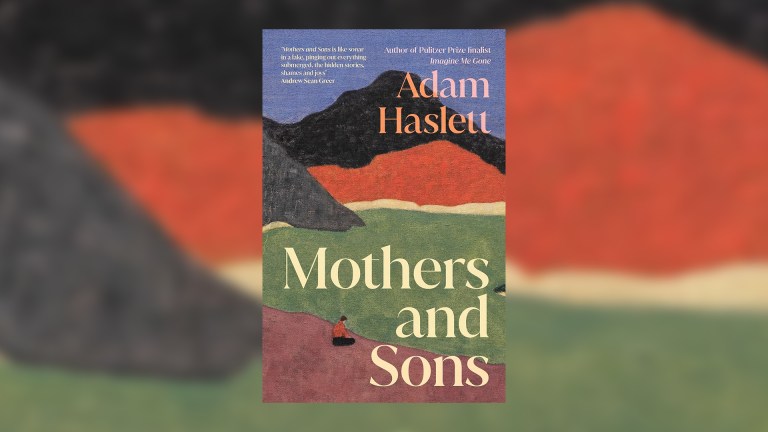For any traveller primarily a tourist, Sicily, a self-governing region of Italy, is a paradise: a maze of small islands within easy reach of Trinacria, the big island commonly thought of as ‘Sicily’. Enchanting seas, enormous forests, beautiful cities with their marine esplanades, temples, sculptures and impressive statues to the gods of Olympia, and one of the most famous open-air theatres in the ancient world are among the many witnesses to the dazzling Greek presence in Sicily, one that endured for 17 centuries.
Think of the accumulated Greek DNA in today’s Sicilians. Archimedes, my favourite Greek genius, was born in Syracuse, a Sicilian Greek who in his old age defended his beloved city from the Romans. And functioning as if it were born only yesterday is Etna, a living volcano whose steep sides cover many degrees of latitude that give rise to a wide variety of fruits and other plants, and whose lava has generated 24 square miles of fertile soil around Catania. Needless to say, Sicilian food is varied, colourful and tasty – though I was disappointed not to find minestrone on the menu anywhere, even in winter.
Vatican Radio with its super technology had illegally usurped five radio channels
As a journalist focused on inquiry I very soon began to feel Sicily exhausting me. I could never choose to live there, because I’m a political animal and the value I treasure above all others is freedom. In Sicily I might have to become a bandit and carry a gun. I would have to resist the regime – church, mafia and gentry. They’re a nightmare, plotting poverty in the populace.
In Favignana, the biggest of the Egadi Islands on the west coast, Vatican Radio with its super technology had illegally usurped five radio channels and excluded the national broadcaster from peripheral communities. The shopkeeper who sold me a small radio shrugged when I complained that all I could tune into was Radio Maria. “Ma come si puo fare, Signora?” was his response. “But what can one do?”
And obviously I wondered why great swathes of burnt-out crops covered areas of neat and tidy land, or charred farm equipment worth hundreds of thousands of dollars was tucked away in a corner of the same fields. In Palermo and Catania I saw two large department store branches of former national chain store Standa burnt black, skeletal and sinister. On the internet I encountered young Sicilians eagerly enquiring if anyone had heard Ikea had got its licence yet (it normally takes six years) because they were offering 65 jobs. Nobody was saying how many jobs had gone up in smoke with the two Standa stores.
One afternoon a woman sitting behind me on a bus tapped me on the shoulder and her face aglow with friendliness asked: “Signora, are you a foreigner?” I said, “Yes, I’m British but I live in Australia.” Her eyes widened. “Australia! That’s the place with many jobs.” I nodded, and she went on: “Signora, do you think you could take me back to Australia with you as a servant?”










